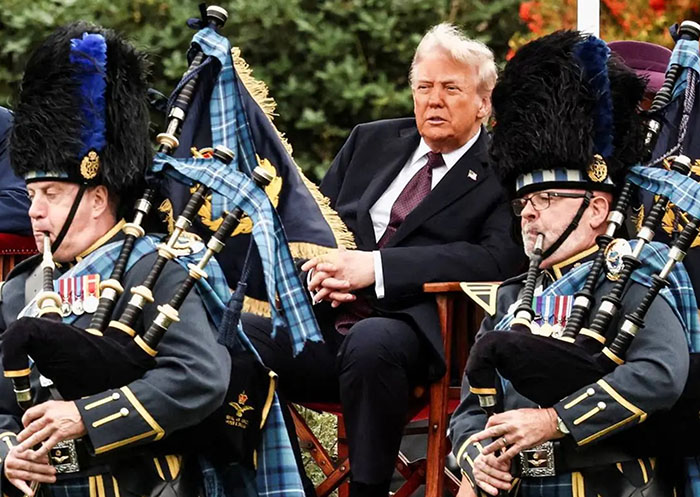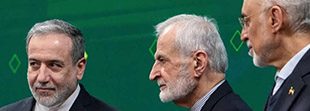The Gaza conflict loomed over Trump’s visit as the most divisive issue between the two leaders. Britain’s expected recognition of Palestine carries deep symbolic weight. While many European nations have already taken that step, Washington under Trump remains firmly opposed, viewing recognition as premature without direct Israeli–Palestinian negotiations.
For Starmer, recognition is not merely a diplomatic gesture. It is part of a broader attempt to position Britain as an independent moral actor on the global stage. He has argued that recognition should form part of a comprehensive framework for peace, one that alleviates suffering in Gaza while safeguarding Israel’s security.
Trump’s approach is shaped by his long-standing alignment with Israel. During his first term, he moved the U.S. embassy to Jerusalem, recognized Israeli sovereignty over the Golan Heights, and forged the Abraham Accords, normalizing relations between Israel and several Arab states. In his second term, he has doubled down on this support, seeing it as both a strategic priority and a domestic political strength among evangelical and pro-Israel constituencies.
The tension over Gaza illustrates the limits of the “special relationship.” While Washington and London share broad strategic interests, differences on Middle East policy have historically tested the partnership. Starmer’s challenge is to pursue recognition without undermining broader cooperation with Trump on trade, security, and defense.

